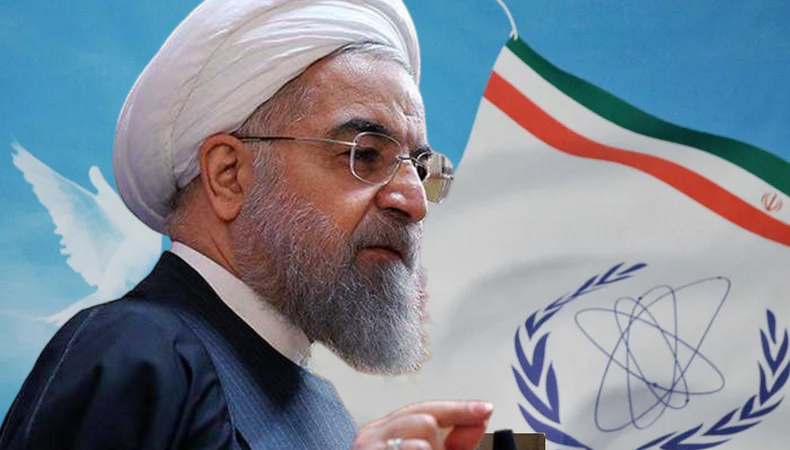Iran’s Nuclear Program: A Call for De-escalation and Diplomacy

The ongoing discussion between the United States and Iran about the latter’s nuclear program has changed significantly, with the U.S. State Department emphasizing the necessity for”de-escalatory” conduct by Iran to open the door for political engagement. Iran must work with the IAEA, according to the main tenet, to produce a favorable terrain for discussion and implicit conversations. To provide light on the significance and implicit issues of this political stage-, this essay explores the major incidents and underpinning dynamics behind this development.
Background
In particular, for the United States and its Western sympathizers, the situation regarding Iran’s nuclear program has long been of concern to the transnational community. Ir forcefully refutes the reproach that it’s working on nuclear munitions, despite intermittent enterprises to the negative. This distrust is brought on by natural circumstances, geopolitical factors, and the disputatiousness of Iran’s nuclear program. An important turning point in efforts to relieve these worries was the 2015 Iran nuclear deal, officially known as the Joint Comprehensive Plan of Action( JCPOA). Trump’s administration, still, abandoned the pact in 2018, causing it to fail a raising pressures between the two countries.
Recent Developments and U.S. Position
The U.S. State Department maintained its position on Iran’s nuclear program in the most recent development. The United States emphasized that for diplomatic engagement to take place, Iran must embrace de-escalation measures. This involves working together with the IAEA, which is essential in observing and assuring adherence to nuclear agreements. The United States corrected Iran for refusing entry to several IAEA inspectors, precluding the watchdog from covering Tehran’s nuclear exertion. The demand for cooperation with the IAEA is seen as a first step towards establishing a setting favorable to new accommodations between the United States and Iran.
Keep Reading
Implications and Potential Future Scenarios
The American position emphasizes h pivotal openness a transnational collaboration are to overcoming delicate problems like nuclear proliferation. TheU.S. wants to assure that Iran’s nuclear program is subject to monitoring and verification, lowering possible security vulnerabilities in the region by concentrating onde-escalatory measures. But difficulties are still to come. It’s still extremely delicate to agree on the type and extent of de-escalation tactics. Furthermore, determining a diplomatic course of action will depend on how eager both parties are to compromise and engage in real discussion.
The United States’ demand that Iran de-escalate its nuclear program as a condition for diplomatic engagement underscores the soberness of its nuclear goals. Regarding the complications of the Iranian nuclear issue and fostering peace in the area, chancing a balance between security interests, diplomatic engagement, and cooperation will be pivotal. The transnational community can only hope to find a workable and long- continuing result to this enduring problem through open debate and cooperation.






